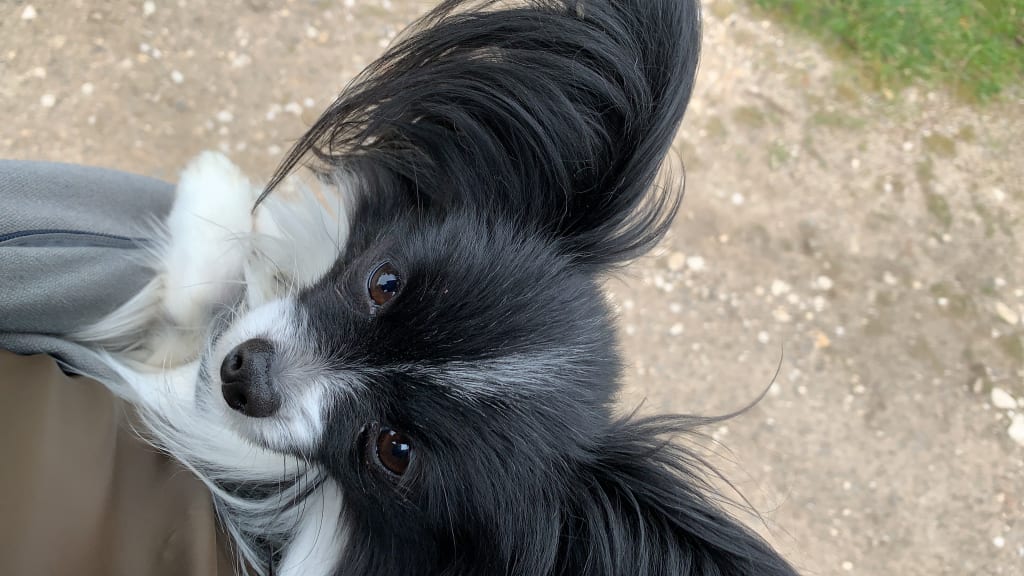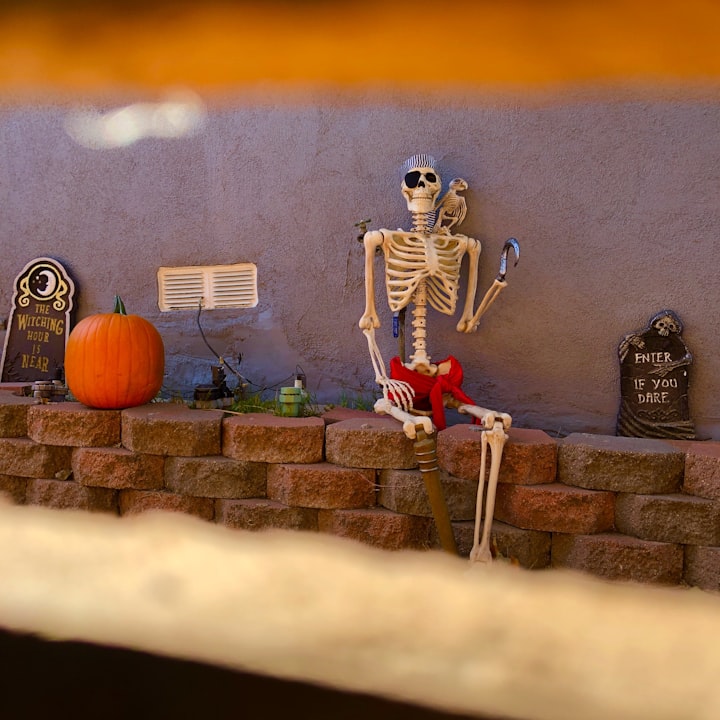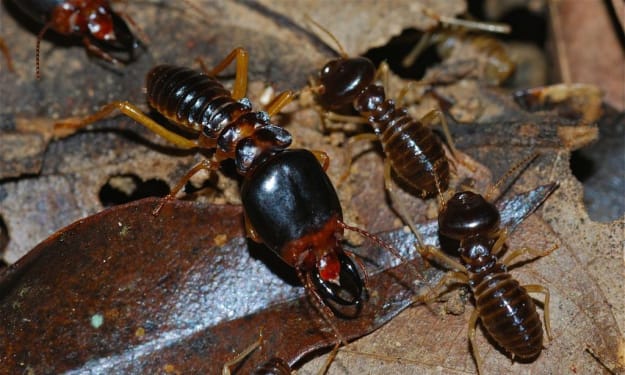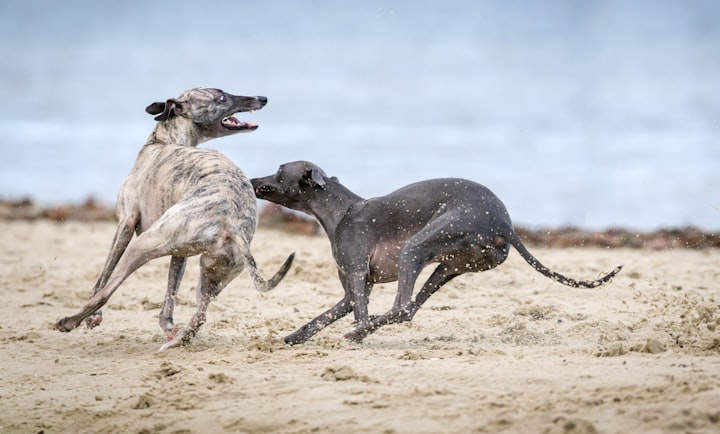
Tiny and determined, Maggie May definitely does not suffer from small-dog syndrome. She doesn’t strut around imagining herself to be larger than she is. But that doesn’t mean she’s demure. She may very well be only half the size of her papillon breed, but she’s every bit as agile and as smart as the best of them. Emotionally intelligent, after more than two years, she has me wrapped around her tiny paw and I wouldn’t have it any other way. Whether it’s playing ball at her insistence, or being carried around town in a boho bag (as she is here in this photograph), Maggie knows her own mind, and she makes that very clear as she governs her ambitions and manages the scope and limits of her 4 pound frame.
She is sternly playful—the perfect example of someone following their bliss if ever there was one. Though she is undoubtedly a happy and contented creature, hers is not an unexamined life. She feels her way through the landscape of her canine world, softly growling, sighing, huffing in frustration, squeaking with delight and of course barking. Recently, I learned that she howls too—though I myself did not hear this expression of her wolf ancestry. She was howling because I had gone out without her and she was calling me home, as wolves do.
The idea of little Maggie tossing her head back and balefully wailing makes me wonder more and more about her origins. I don’t mean her parentage, or whatever it’s called in the dog world. I accept that her mother was Harriet the Spy and that her father had an equally ludicrous name, which I forget. No, I mean the origins coded in the pattern of her DNA. Would it ever be possible to trace her heritage along those myriad lines, detouring down the genetic backroads responsible for such tiny sweetness? Might it be possible to meet, in forensic and imaginative terms, those deviations in character and size that separate her from the snarling, vicious misanthropic beast from which she comes?
I wonder if the wolf is in her still. Could science one day find ways to turn on those genetic qualities that live in the shadow of who and what she is? Might Maggie morph into a wolf, or something in between? Would she then become the dog she was meant to be? I mean, in the way that people hanker for the self they might have become in a different world, with different dreams and aspirations and opportunities: Does Maggie ever wonder what might have been had she packed on a few more pounds and inches?
I suspect not. And that goes to her happiness—that and my willingness and desire to let her live her life to full by caring less about preening and cleaning and more about those qualities that stem from her wolfly heritage. Running close to the ground, she becomes as spiky as an echidna, covered in burrs and odd bits of bark. Chasing down her prey—grasshoppers, other bugs, and miniature tennis balls—or gnawing on my other (larger) dog’s massive bones, she is as doggy as they come. At such times, her wolf spirit bursts forth from the shadows. And when that happens, I become a member of her pack, colluding with her wild ways, hiding out with her in our urban existence.
About the Creator
Victoria Reeve
Creative writer and academic, specialising in theories of narrative emotion and reader involvement.






Comments
There are no comments for this story
Be the first to respond and start the conversation.